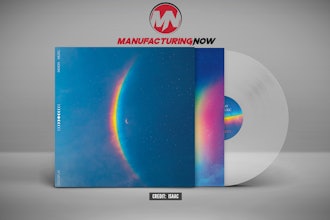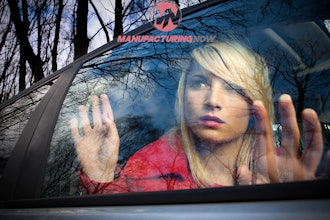Elon Musk was recently interviewed in a three-part series by the Tesla Owners Silicon Valley Club. Thus far, only the first two segments have been released. While the interview is far-reaching, Musk made some bold predictions for potential competitors while retelling how touch-and-go things were at the upstart carmaker before the brand took off.
Musk predicts that, unless something changes significantly, Rivian and Lucid will go bankrupt. He admits that the carmakers have an opportunity to change course, but their current trajectories don't look good.
Rivian is backed by Amazon and Ford but has had issues with battery fires. Oh, and it lost about $1.6 billion in the first quarter of 2022. Lucid is backed by partners in Saudi Arabia that have promised billions in investment and up to 100,000 EV orders. Still, Lucid ran into trouble late last year when it disclosed to the SEC that it had been subpoenaed by government regulators.
Musk says, "unless they cut their costs dramatically, they are in deep trouble and will end up in the cemetery like every other car company -- with the exception of Tesla and Ford."
While he admits to Tesla's troubled start, he says the only American car companies that haven't gone bankrupt are Tesla and Ford.
Musk calls GM's bailout "a flat-out donation from taxpayers worth billions of dollars."
While many people attribute Tesla's success to government handouts, Musk says it's a common misconception. Instead, he says Daimler's $50 million investment in 2009 was essential to Tesla's survival.
The investment came as Tesla was trying to figure out how to get the Roadster into volume production in 2008. In 2008, Tesla delivered 20-25 cars, mostly in December 2008, but the drivetrains and most battery packs had to be replaced. Musk says it was a "fumbling mess."
He says it wasn't until the summer of 2009 that the Roadster wasn't "a complete piece of trash." By late 2009/early 2010, it was a decent toy for car enthusiasts.
Around the same time as the Daimler investment, Tesla received a non-binding letter of interest from the Department of Energy for about $500 million in reimbursement loans. Basically, the company had to spend the money and provide invoices to be refunded based on audited expenses. The money couldn't be used as advanced capital but rather as reimbursement.
Musk says that Tesla didn't start receiving the money until early 2010 when the recession had passed. According to Musk, if Tesla had needed that money to survive, it wouldn't have made it to 2010 and gone bankrupt. The DOE loan was helpful as an accelerant but wasn't a lifeline.
After Tesla's IPO in 2010 raised $226.1 million, Musk says Tesla not only paid back the DOE loan but even had to pay an early repayment penalty. Taxpayers made money on Tesla, Musk says.
Daimler sold its remaining 4% stake in Tesla in 2014 for $780 million.






















